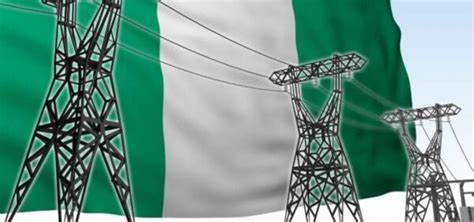The Presidential Power Initiative agreement, which aims to add 12,000 MegaWatts of electricity to the national grid, was signed by the governments of Nigeria and Germany on Friday.
The signing was overseen by German Chancellor Olaf Scholz and Nigerian President Bola Tinubu during the United Nations Climate Change Summit (COP28) in Dubai, United Arab Emirates.
Siemens AG’s Managing Director (Africa), Nadja Haakansson, and Kenny Anuwe, the Managing Director of the Federal Government of Nigeria Power Company, signed the agreement.

Anuwe emphasized the administration’s dedication to developing the power infrastructure and emphasized how important it is to the ongoing reforms.
He brought up the successful delivery of power transformers and mobile substations by Siemens Energy as well as the financiers chosen by the German government.
Chairman of the Supervisory Board at Siemens Energy AG, Joe Kaeser, reflected on the agreement’s origins during the Muhammadu Buhari administration in 2018, expressing satisfaction with the progress made.
Minister of Power, Adebayo Adelabu, revealed that the project would be financed through a government export credit facility from various German banks to Nigeria.
“The project is to be financed, under the Government export credit facility that is being provided by a couple of German banks to Nigeria.
“As it is now, I may not be able to say this is how much it’s going to cost the country. The original agreement we had was for $2.3bn. But what we have is up to date, just in region of $60m, which has to do with the importation of the 10 transformers and the 10 power mobile substations, which Siemens have delivered to the country.”
Adelabu stated that the signing on Friday signifies the readiness of both governments to drive significant progress forward.
He said, “It shows a commitment between the government of both countries to proceed with this project, which we believe will go a long way in improving the performance of the power sector in Nigeria.”




Leave a reply